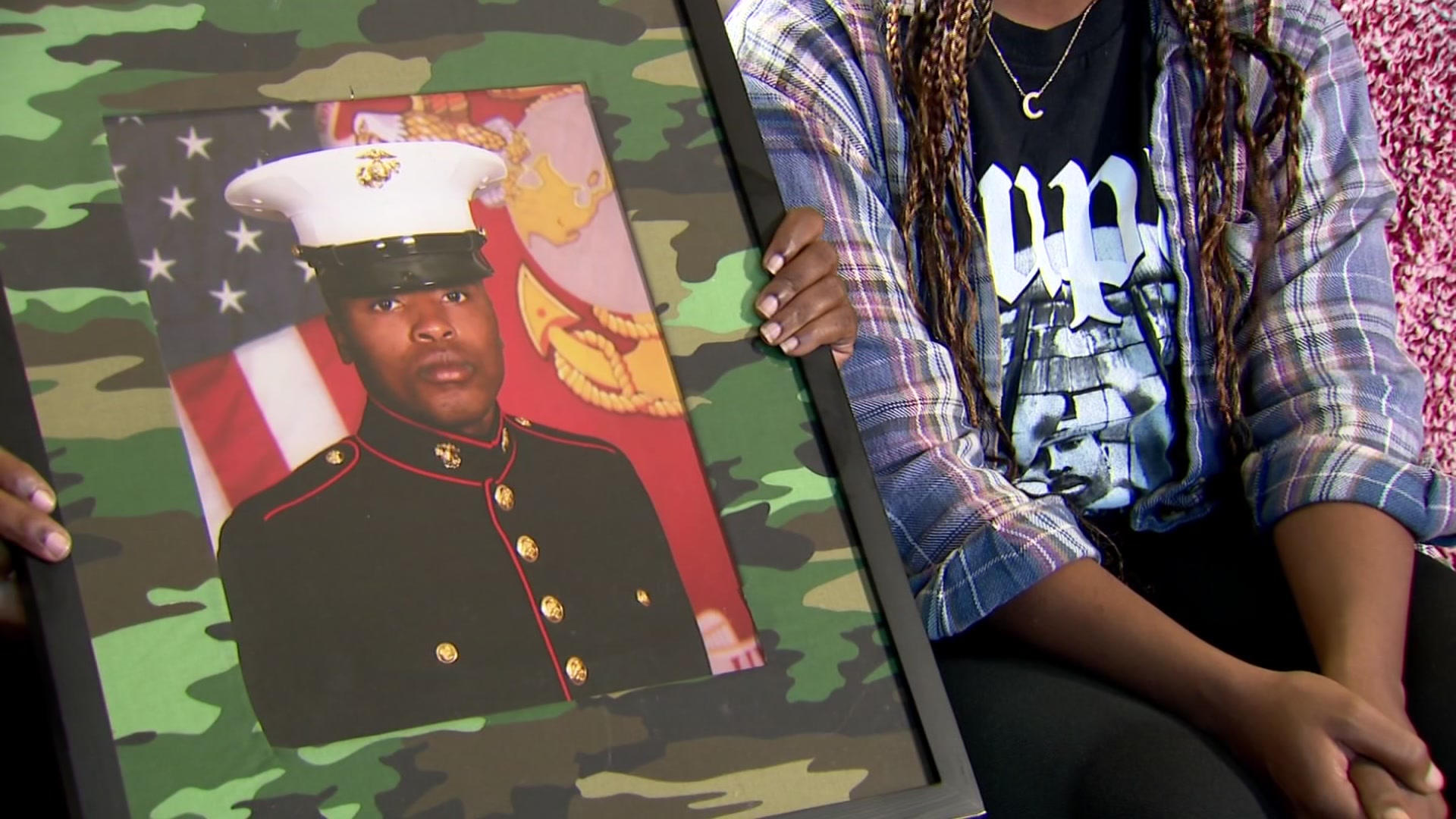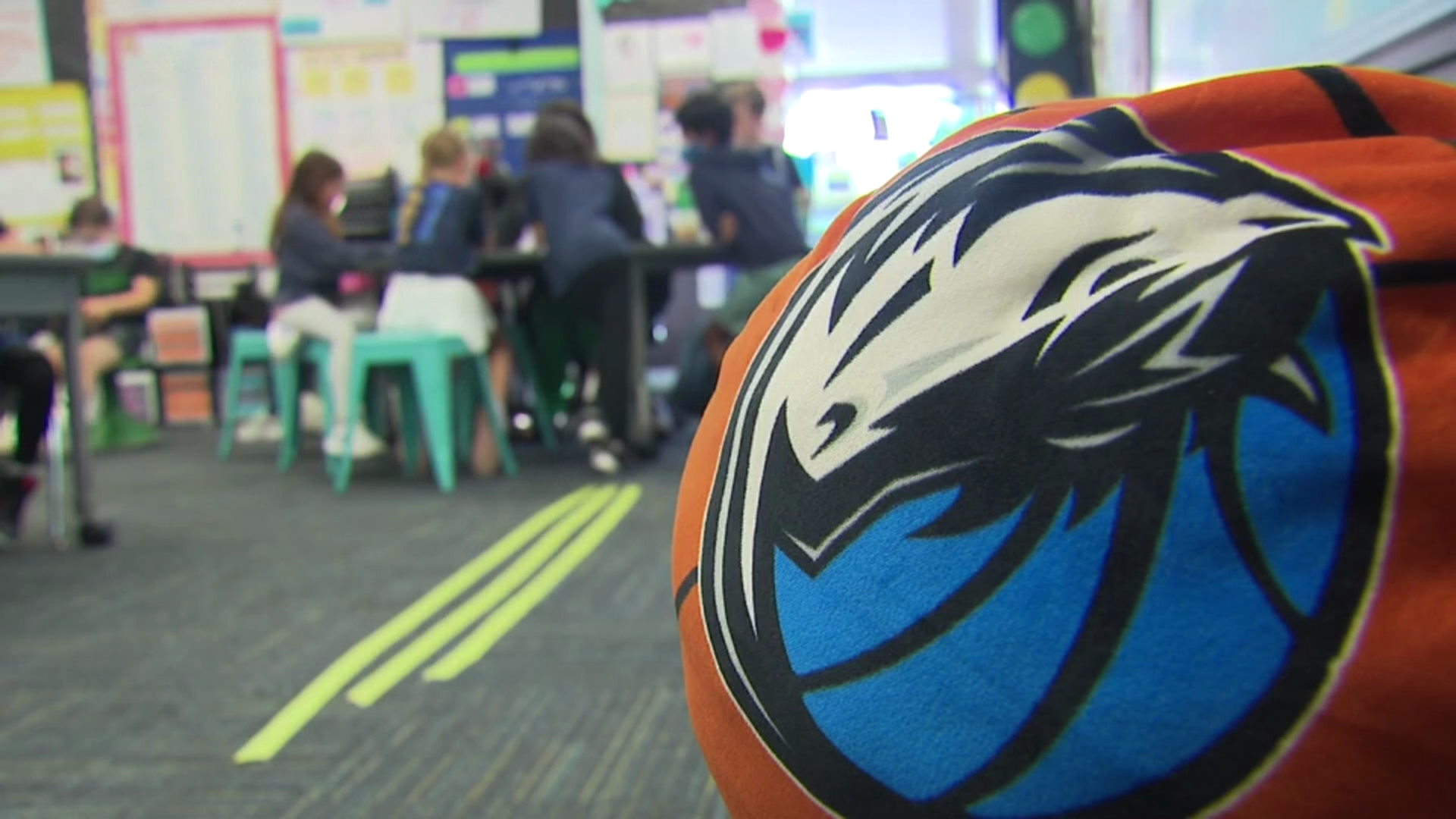Behind the walls of Parkland Hospital, doctors and nurses continue to fight against the coronavirus around the clock.
Inside their Tactical Care Unit is where critically ill patients are cared for and healthcare workers on the front lines said the numbers continue to rise.
“It was surreal to walk into a room with all these sick people and to see all these people trying to save their lives," said Ryan Michalesko, a photojournalist with the Dallas Morning News.
He and his colleague, reporter Sharon Grigsby, were able to suit up and get an inside look of the COVID-19 Unit at Parkland.
“One of my biggest concerns going in was to try to find the most compassionate and candid way to show what was happening inside this unit," he explained.
Behind each image there's a story that goes beyond the numbers and paints a picture of the reality that doctors, nurses and patients face daily.
Local
The latest news from around North Texas.
His pictures show patients on ventilators along with doctors and nurses strategising together. He also captured the moments of hope, faith and compassion. For example, one photo showed a 73-year-old woman holding the gloved hand of a nurse. Snapshots of what front line workers are doing and seeing every day.
“There is a daily life and death struggle happening with the tactile care unit at Parkland and hospitals around the country and as a photojournalist, I was trying to find the best way to tell that story," Michalesko said.
"I’ve been a nurse for about 17 years and this weekend was the toughest weekend of my career," said Samantha Rowley, senior vice president for nursing and services at Parkland.
“To watch these families come in and suffer and say, 'goodbye' to their loved ones, to watch people who should not have their lives be ended this early or fighting a virus that we don’t know, is heartbreaking and it’s hitting every one of us to the core," Rowley said.
Rowley is the executive responsible for the Tatical Care Unit.
She said patients are coming in sicker and at a faster rate than before.
She said this past week has probably been one of the most challenging yet and that it was emotionally and physically taxing.
“We did, unfortunately, have two patients that passed away Saturday night and their ages were 32 and 45, so we are seeing folks that are definitely in both demographics, young and old. This disease right now is not picking one or the other, we’re seeing both come in and both be effected," Rowley said.
She said in those cases both patients were slightly overweight, but other than that, were relatively healthy.
"Just this disease is extremely powerful," Rowley said. "We had somebody in their low 20's that had zero underlying conditions that was not overweight that succumbed to the virus.”
Right now the hospital is treating 133 patients, a number that continues to rise and constantly change. The hospital has already expanded and plans to use another floor.
“We are anticipating that we are possibly going to go into a more critical case with the amount of patients that we’re going to see and the rises. Over the past two weeks we’ve seen, I wouldn’t say we’ve doubled, but have gotten pretty close to the amount of patients coming through our doors, they are more acute, they’re more sick," Rowley said.
Currently, there are 66 beds in the ICU, they expanded to the 16 floor which can hold 48 patients. The14 floor opened last Thursday and that can hold 47 patients and they anticipate this week to open our 17 floor that will also hold another 48 patients.
She said they're using different tactics like placing patients in the prone position, which means on their stomach so that their lungs are facing down towards gravity to help them breathe better.
Rowley said doctors are also using a trail of the drug Remdesivir in partnership with UT Southwestern to help care for patients. They're also using steroids depending on the patient's needs.
But ultimately, she said each patient responds a little differently, and some medications and cocktails may be ineffective for one person, but work for another.
"Some different drug regimes that our physicians have launched to really help these patients, but at this point and time with COVID, unforgettably it’s how long you can sustain life long enough so the virus can be fought off by the body," explained Rowley.
She said ultimately, everyone has to come together to protect one another.
"There’s really no rhyme or reason on who gets infected at this point in time. Be aware of where you are in public, every one of us could possibly be asymptomatic and be spreading this virus or could be exposed to this virus," Rowley said, who also encouraged hand washing, social distancing and wearing masks when around others.
*Map locations are approximate, central locations for the city and are not meant to indicate where actual infected people live.



